Following The Film Stage’s collective top 50 films of 2021, as part of our year-end coverage, our contributors are sharing their personal top 10 lists.
It’s been a bit of a demoralizing year for me, as far as Hollywood is concerned. The COVID pandemic shut the entire industry down in 2020 and yet the gatekeeping status quo has all but been reinstalled despite its continuing destruction. My desire to seek out so-called “theatrical only” work was thus tempered in many ways, leading me to want to reward my time to those production houses and distributors who seemed to genuinely understand the changing landscape. I eventually caught up to most of the rest via FYC screeners this past month (as of now, my only egregious misses are West Side Story, Memoria, and Spider-Man: No Way Home), but my enthusiasm for many had waned. To see the middle ground met (successfully), only to then watch it unceremoniously stripped away wasn’t easy to digest. And the chasm between cinema as art and cinema as commerce inevitably grew wider.
There should therefore be no surprise that my personal favorites from 2021 are hardly those titles you’ll see on many other lists (with a few exceptions). I only saw one of them (#10) on the big screen despite going to the theater about once a week from July 14th through December 1st, playing it safe with near-empty rooms to support the theatrical experience until even that began to feel ill-advised yet again. Does that mean said experience is dead? No. The art form still needs theaters and we still need to do what we can to protect them. Cinema, however, hasn’t been beholden to that venue for a long time. And its best work continues to excel regardless of size, seats, or zip code.
All that truly matters is you. If you respect the medium, you can enjoy all that it has to offer intellectually and emotionally wherever you see fit. And where is it that I can ensure I give the work my undivided attention away from talkative audience members, brightly lit phone screens, and the anxiety-inducing sound of maskless patrons loudly breathing above their popcorn buckets? Sorry, Denis Villeneuve.
I’ll go back when I’m ready. The more Hollywood demands otherwise, the less I believe it’s “cinema” they’re trying to save and not their power. I get there must be a balance, but the one we have now isn’t working. Thankfully, not every studio is the same. Some recognize their evolving audience and seek to meet them halfway. To them, I say, “Thank you.”
Honorable Mentions (alphabetical): Drive My Car, Drunken Birds, Mass, Petite Maman, The Reason I Jump
10. The Power of the Dog (Jane Campion)
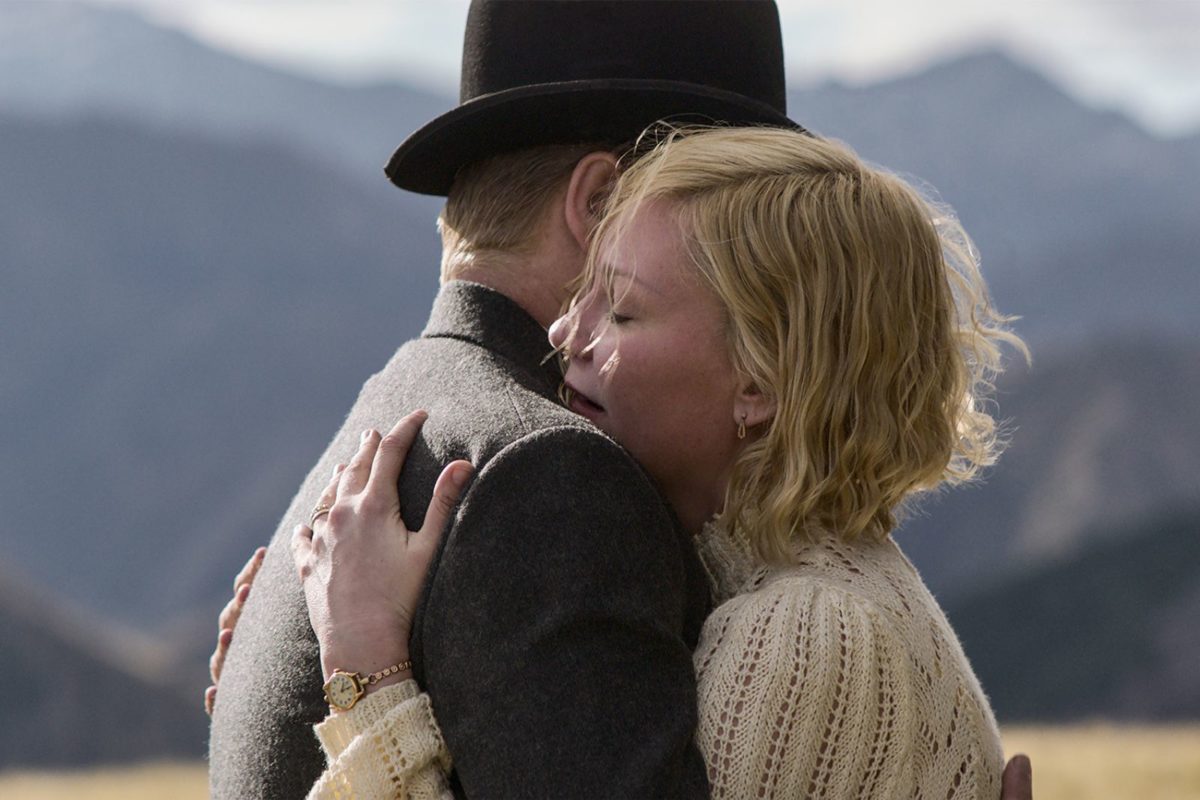
Writer-director Jane Campion, by way of novelist Thomas Savage, drops us into The Power of the Dog at a crucial tipping point between its cowboy brothers Phil (Benedict Cumberbatch) and George Burbank (Jesse Plemons). The men were once aligned in their ambitions, but now the latter seems a stranger as he seeks to settle down amongst company more civilized than their cowhands. Phil takes offense, targeting his brother’s new life with maliciously biting precision. He becomes a villain, yet a pitiable one. Is it so the film may redeem him? Or is his destruction that which awaits? George’s stepson Peter (Kodi Smit-McPhee) will decide depending on whether Phil moves him like a pawn on the chessboard or the boy proves five steps ahead. Campion draws this methodical yet suspenseful war between strength and beauty (and love and desire) with expert precision, every detail organically formed without contrivance.
9. Wheel of Fortune and Fantasy (Ryûsuke Hamaguchi)
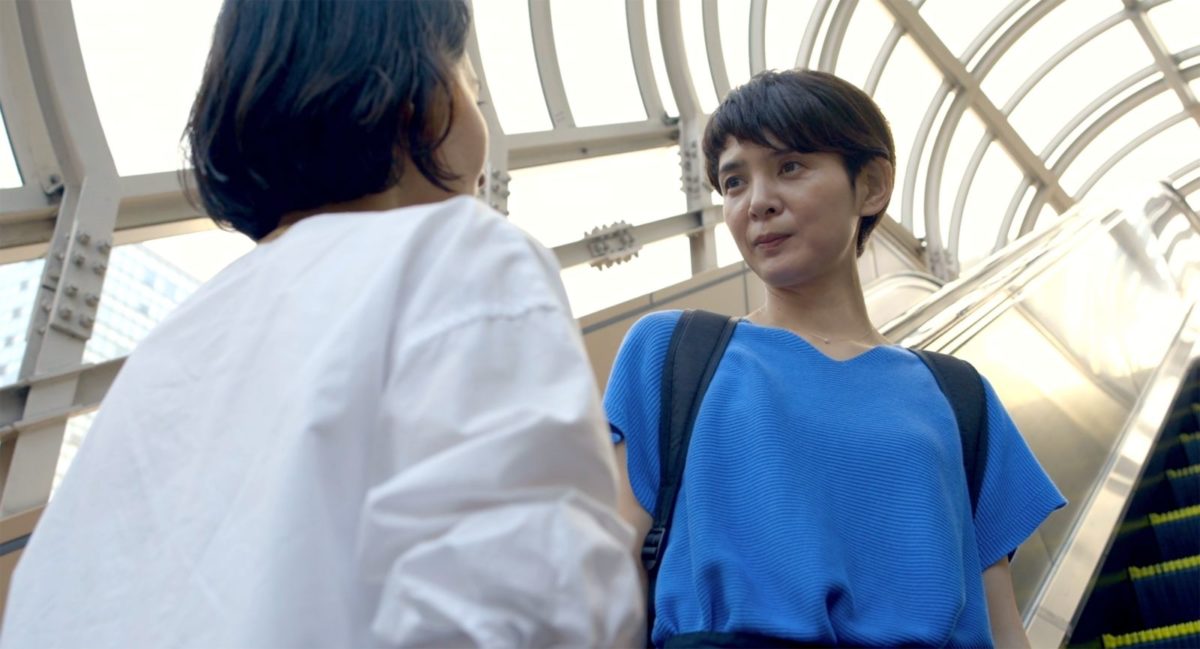
Ryûsuke Hamaguchi’s cinematic triptychWheel of Fortune and Fantasy sends his three leading women down paths that prove as amusing as they are heartrending with love firmly centered behind the adjectives lost, self-, and unspoken respectively. These characters are given choice within their segments. Their counterparts are conversely bystanders still prone to suffering depending on how those women choose. None of the three stories connect, but the order feels right with the overall tone gradually shifting from bittersweet to hopeful. The first is the strongest, the second the most fun, and the third what you’ll remember most. Some moments carry the emotional weight that’s scarred us all, some surprise with a knowing wink of humorous intent, and others prove undeniably charming in their earnestness to render the whole relatable, entertaining, and authentic in its pain. Whether succumbing to or conquering that pain, its impact endures.
8. The Lost Daughter (Maggie Gyllenhaal)
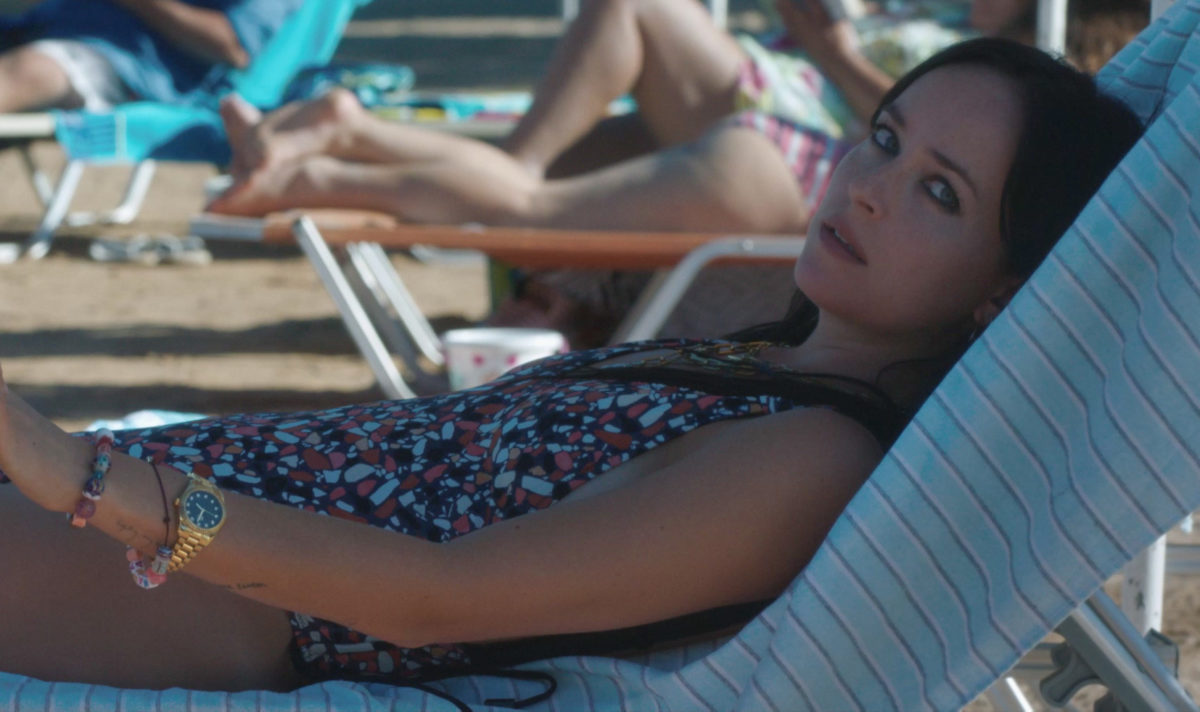
Adapted from Elena Ferrante’s novel, The Lost Daughter sees a conflicted Leda (Olivia Colman in present, Jessie Buckley in past, both magnificent) trying to traverse two simultaneous truths that have defined her life for three decades. She’s both an independent woman ready to tackle any challenge presenting itself and a mother of two who loves her daughters even if the first truth often leaves them the odd focus out. The struggles of a young mother—Nina’s (Dakota Johnson) daily fixture at the beach—therefore recall her own futility, depression, and desire for escape, leading us onto an intense and intimate portrayal of feminine autonomy and the constant, suffocating barrage of traditional patriarchal norms seeking to erase it. First-time writer-director Maggie Gyllenhaal expertly mines the drama and comedy of each situation, ultimately presenting the whole as a dance through time and emotion with Leda always taking the lead.
7. The Dig (Simon Stone)

Ralph Fiennes’ Basil and Carey Mulligan’s Edith prove a perfect pair of underestimated, ignored figures on the cusp of finding something great against the tragic uncertainty of World War II. Yet the ramifications of their archeological discovery, while extensive (issues about ownership, relevance, and credit abound), are merely one more backdrop for the soul-searching to come. Adapting John Preston’s novel, director Simon Stone and writer Moira Buffini’s The Dig engages with heritage and legacy on a scale much more personal than Britain at-large to remind us about the preciousness of today in the face of life and death. The film is a melancholic wonder not easily forgotten—as much elegy as awakening with exquisite moments moving beyond physical scars to address emotional ones. These characters excavate through the soil into their own hearts, laying bare hopes and regrets en route to realizing what truly matters most.
6. Les Nôtres (Jeanne Leblanc)
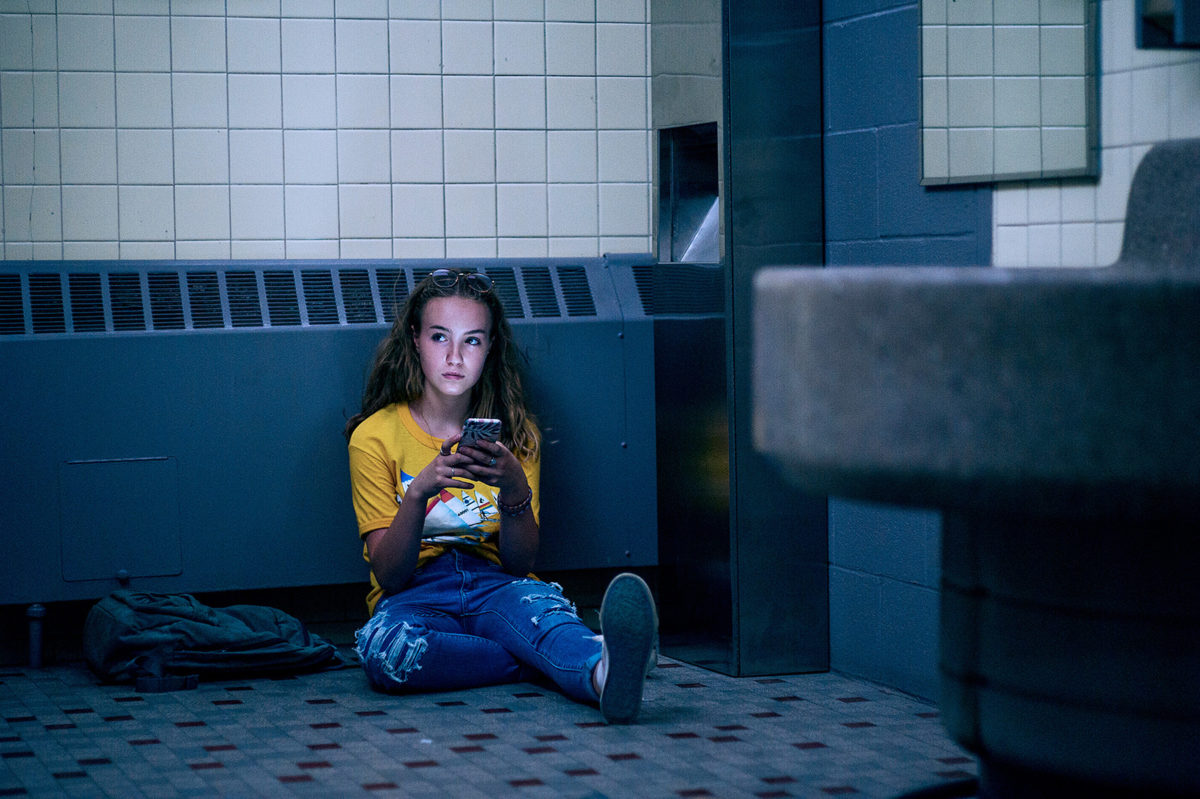
Director Jeanne Leblanc and co-writer Judith Baribeau pull no punches as far as portraying the malicious underbelly of the tight-knit community at the center of Les nôtres. The same neighbors who helped each other survive tragedy a couple years prior have now vindictively turned on thirteen-year-old Magalie (Emilie Bierre) upon hearing she’s coming to term with an unplanned pregnancy. Bigotry, racism, and misogyny abound as these gossiping strangers seek to repair this latest crack—not for Magalie’s sake, but their own. Talk of support is the perfect façade to cover indiscretions and town-wide events are the perfect place to pretend none exist. The psychological torment, grooming, and emotional abuse existing beneath are undeniable, though. It’s a movie that will ruffle feathers—not because of its topic but its willingness to depict a story full of characters that stop at nothing to keep pretending.
5. Procession (Robert Greene)
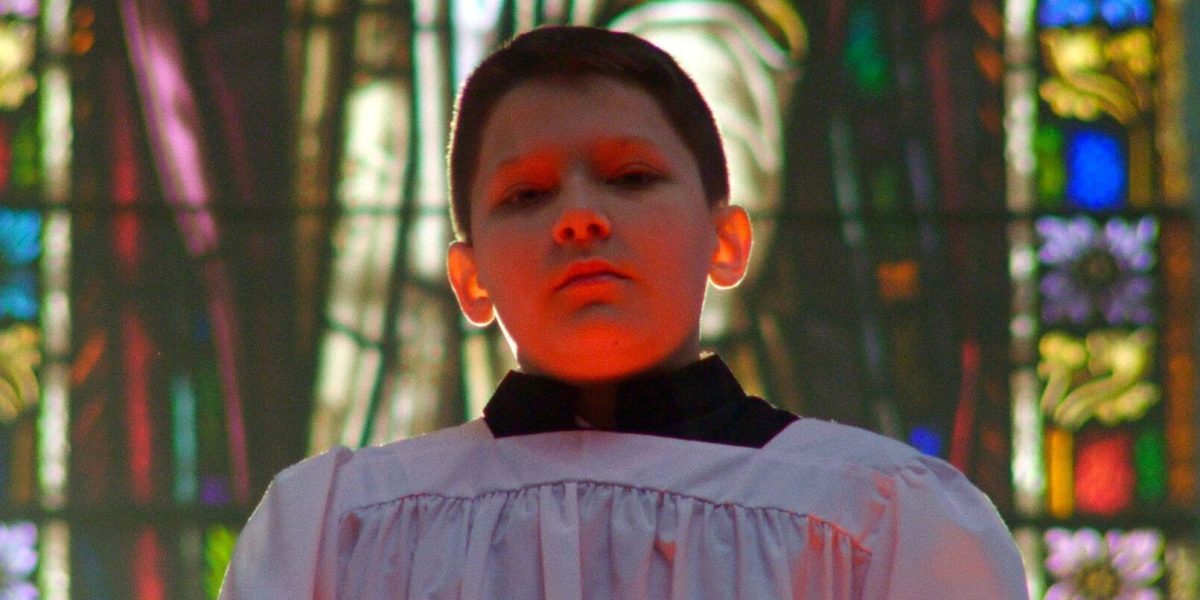
With professional drama therapist Monica Phinney’s help, director Robert Greene recruits six survivors of sexual abuse by clergy into allowing him to capture what would become a three-year process confronting their respective nightmares, via the catharsis afforded from transferring their pain to autobiographical short films depicting its source. Bolstered by each other’s support, these men embraced their vulnerability and pushed themselves towards places they would never have felt comfortable going alone. The result, Procession, proves a thoughtfully and impactfully cut work that moves between process and finished product in contextually relevant, heartfelt ways. It’s a revelatory and healing experience for the men involved, and surely anyone else watching who might have gone through a similar tragedy. This is art therapy and group therapy rolled into one. Through trust, candor, and belief, they’ve positioned themselves to take back control of their lives together.
4. Shiva Baby (Emma Seligman)
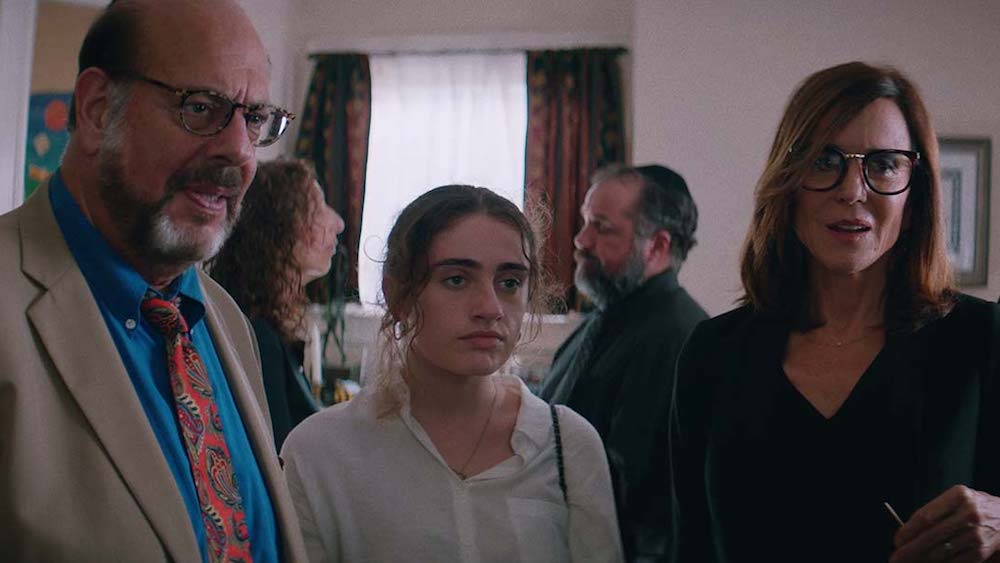
All bets are off the moment Danielle (a star-making turn from Rachel Sennott) realizes she doesn’t know whose shiva she’s walking into. If she doesn’t know that, how can she begin preparing for its potential guests? Emma Seligman’s hilarious Shiva Baby is thus as much a dark comedy in the vein of Death at a Funeral as it is a nightmarish 77-minute panic attack. Danielle tries avoiding confrontation as often as she inevitably seeks it out to push boundaries or escape the uncertainty of what might happen when she doesn’t (with Polly Draper and Molly Gordon hovering as mother and ex respectively). It’s a whirlwind journey towards clarifying and accepting her own personal truth while enduring the emotional, psychological, and physical duress born from avoiding it. Will embarrassment allow Danielle’s secrets to control her? Or will she recognize their inherent power before taking control instead?
3. Rose Plays Julie (Christine Molloy and Joe Lawlor)
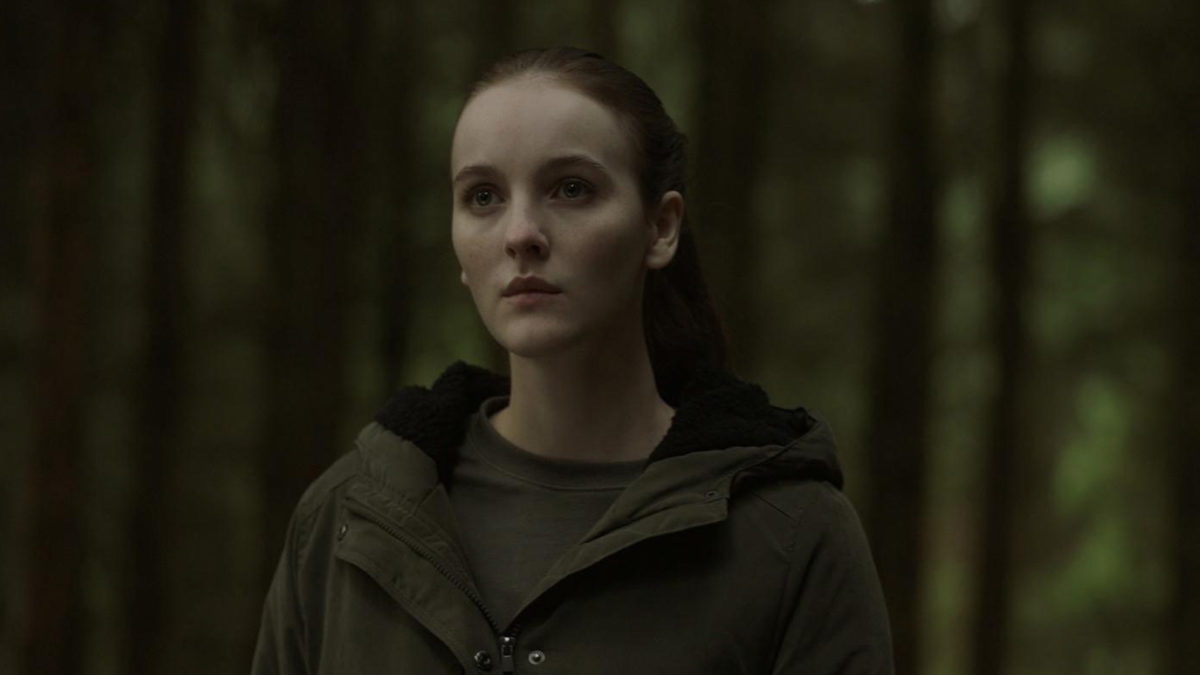
A tense ride that never relinquishes its sense of brooding until the very last frame’s welcome exhale of relief, Christine Molloy and Joe Lawlor’s Rose Plays Julie is a dark drama dealing with the long-lasting ramifications of a rape. It’s thus a shared pain that drives the survivors once an improbable reunion’s bombshell revelation causes young Rose’s (Ann Skelly) mind to race as Ellen’s (Orla Brady) floods with memories she’d long since attempted to repress. The former subsequently approaches their unpunished predator (Aidan Gillen) in disguise, rage comingling with curiosity as she struggles to settle upon revenge or forgiveness. Either way, he must also be forced to reckon with their shared truth during what proves a powerful journey into the heart of this trio’s shared darkness. Justice doesn’t need to be loud to be potent. Its resolute achievement is enough.
2. Little Fish (Chad Hartigan)
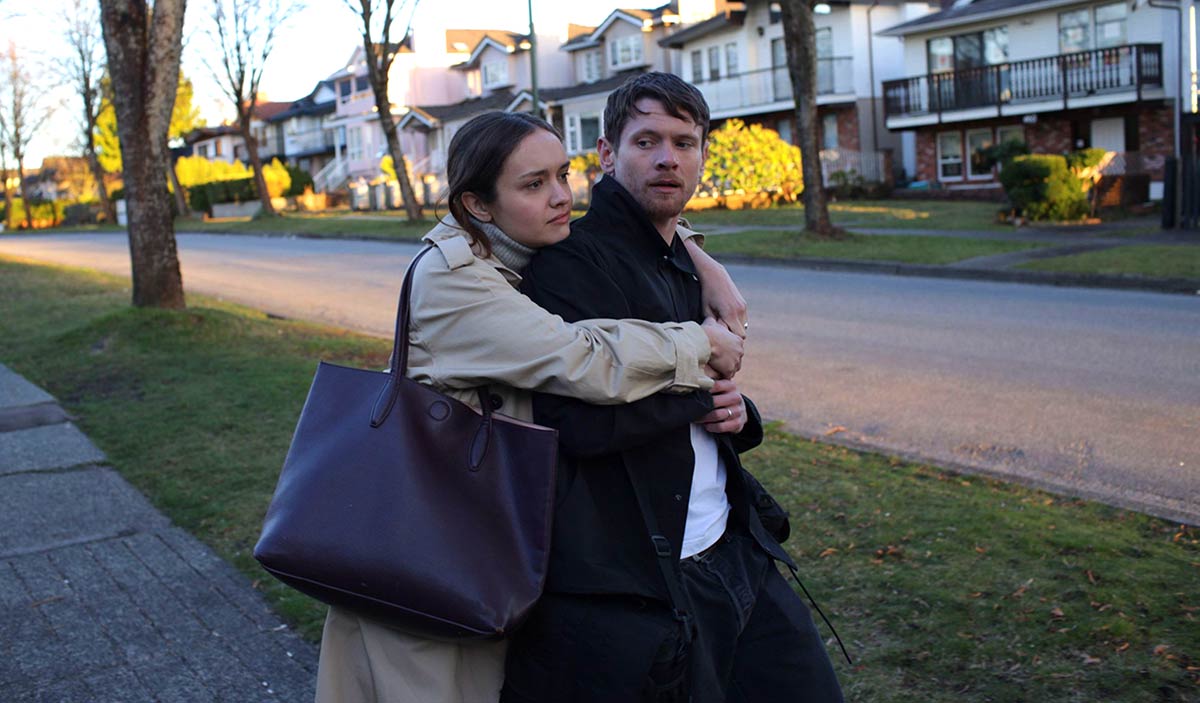
Director Chad Hartigan and screenwriter Mattson Tomlin bring Aja Gabel’s short story Little Fish to life with a world afflicted by an inescapable, Alzheimer’s-like disease. It’s a love story wherein Emma (Olivia Cooke) and Jude (Jack O’Connell) embrace laughter in the face of despair. Think Eternal Sunshine of the Spotless Mind but with a more grounded sci-fi premise—a sort of ouroboros simultaneously traveling forwards and backwards so we as viewers ascribe meaning to moments before fully grasping their true context. That’s the thing about memory, though: it’s never exact. Our personal reminiscences are riddled with flaws and imperfections created by time and distraction until that which lingers isn’t our actions, but the profound feeling of their impact. To tear these characters apart is therefore devastating yet also beautiful—the pain of loss can never be outweighed by the strength of love.
1. Nine Days (Edson Oda)
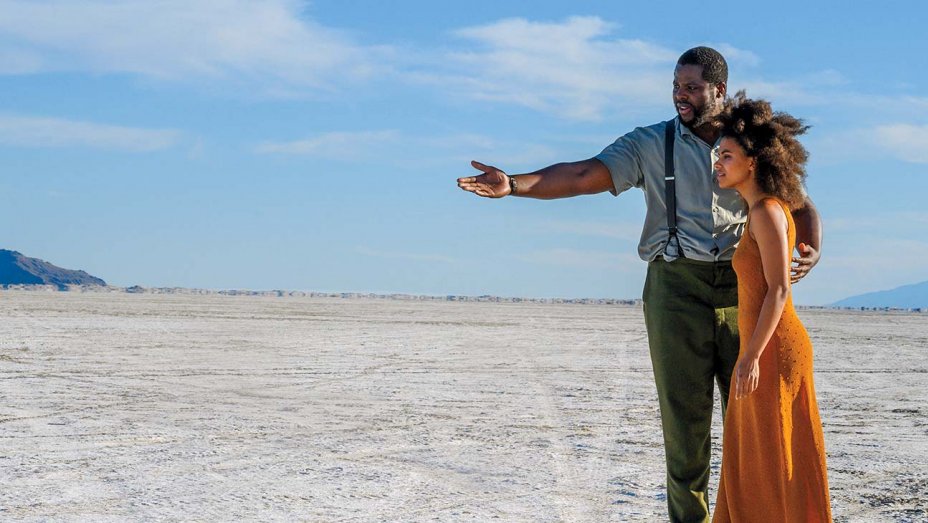
A woman dies. Was it accident or suicide? The compassionate yet strict God-like figure who selected her soul to live is crippled by the uncertainty, wondering if he chose wrong. Was she not strong enough for the world? Was the world too cruel? Are these things simply outside our control? Edson Oda’s beautifully introspective Nine Days positions us to watch the watcher and, in turn, begin understanding our own thoughts on life, regret, and guilt through Will’s (an unforgettable Winston Duke) personal reassessment. He must now choose her replacement despite the raw pain of her loss. This is that process: to utilize his usual criteria or adjust and perhaps exacerbate the issue by holding warm, artistic souls (like hers… and his) back. It’s funny and sobering and inspiring. Life’s small, undefinable moments are too precious to be undone by self-enforced absolutes.
